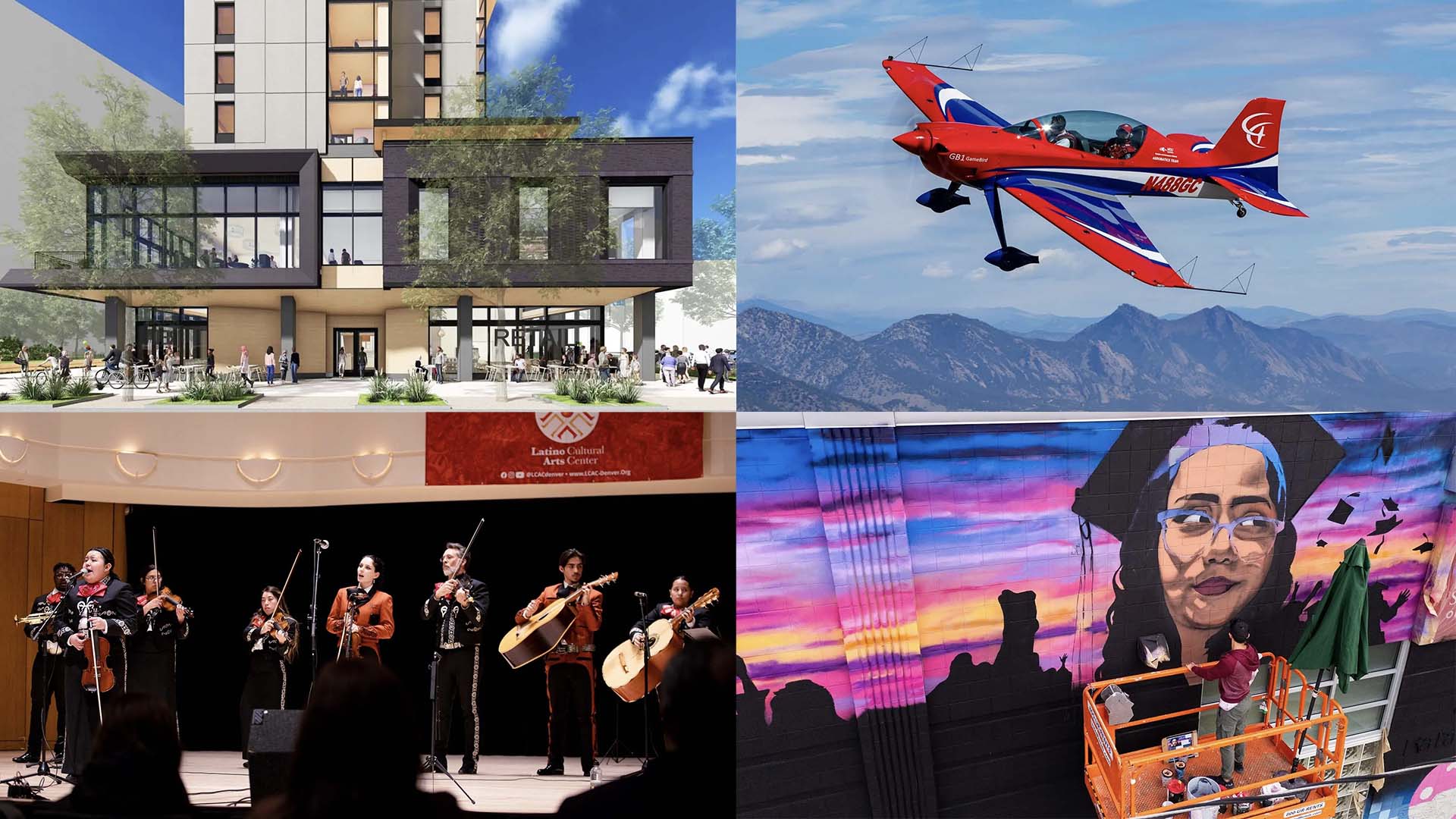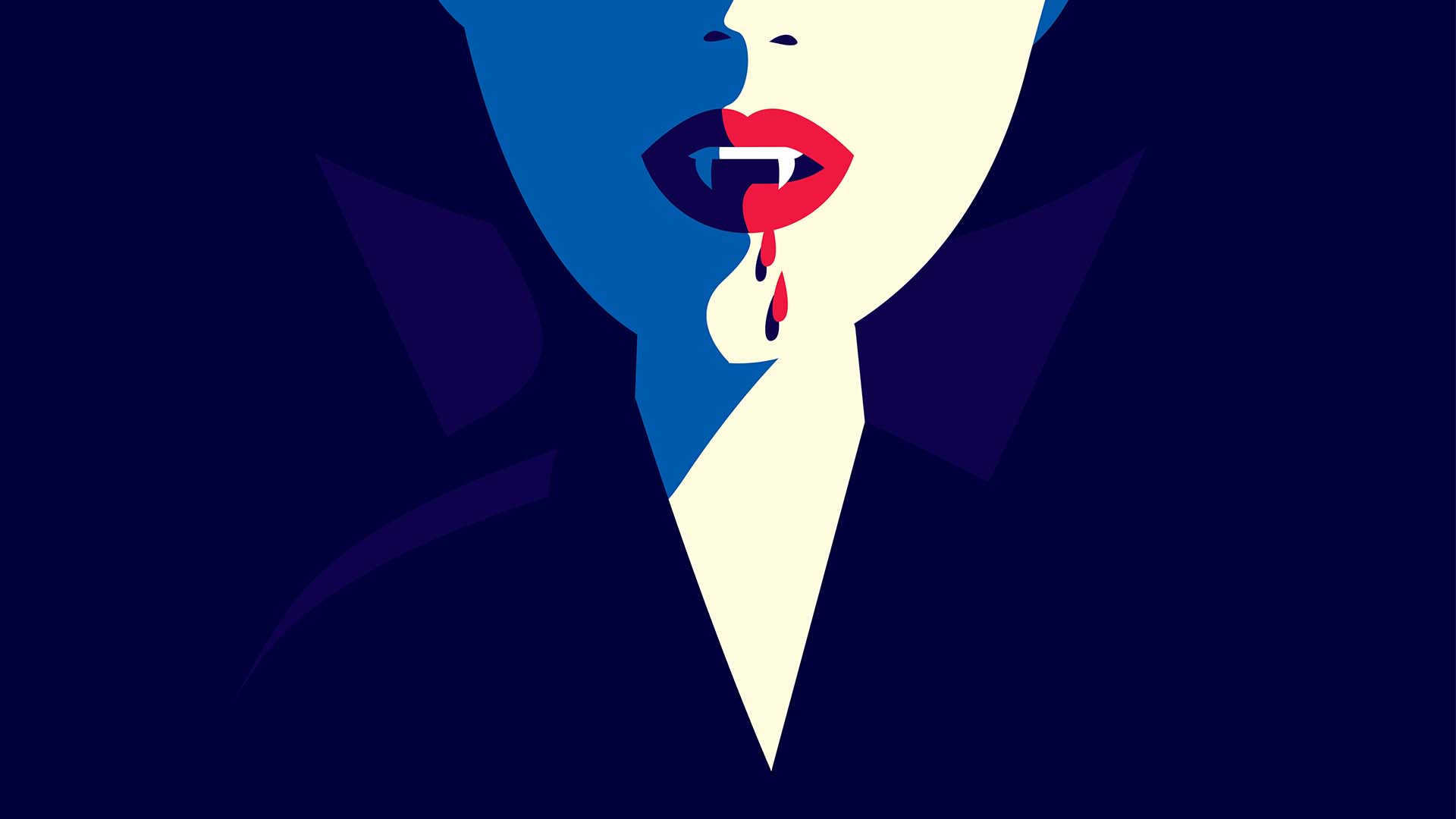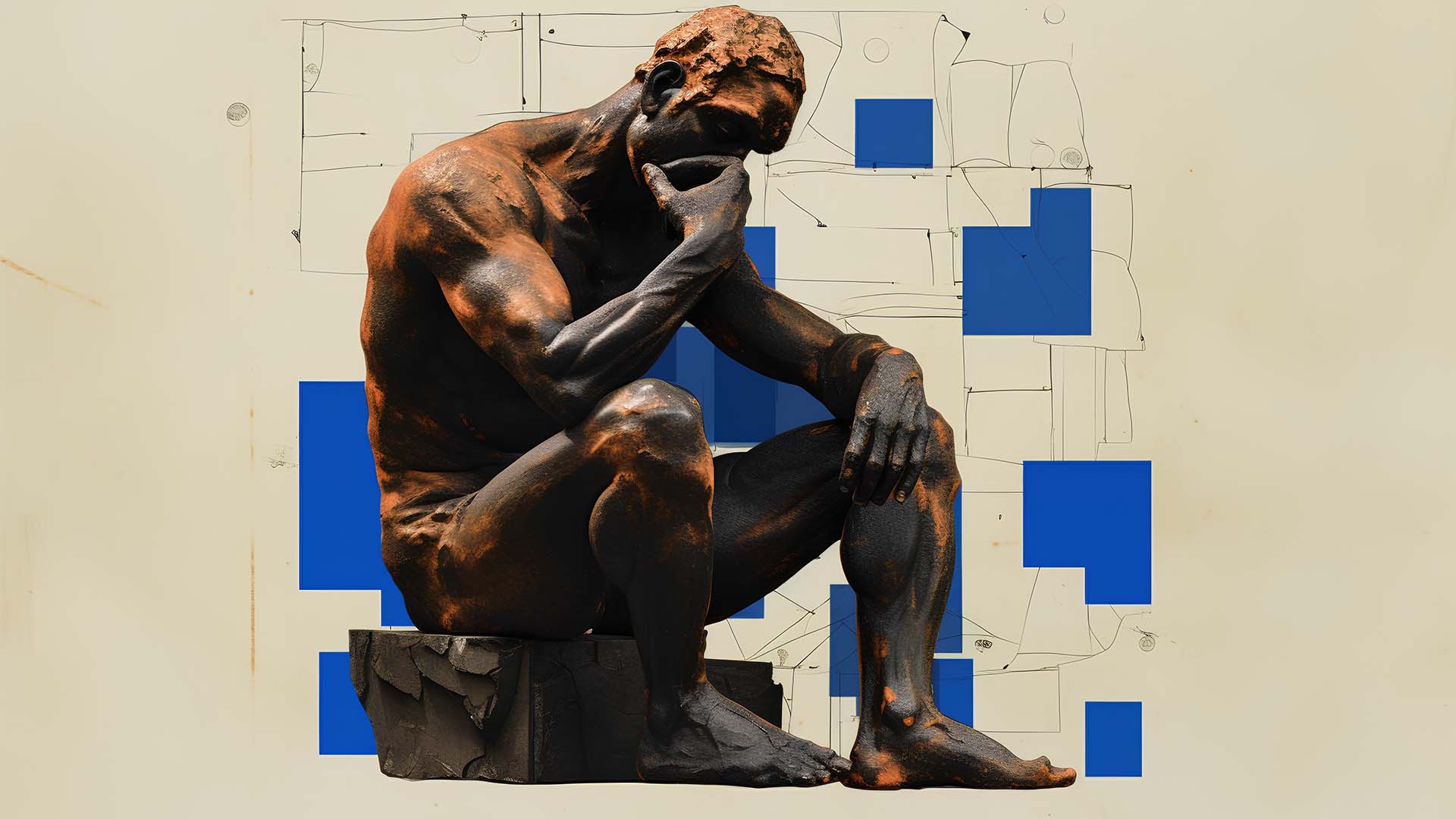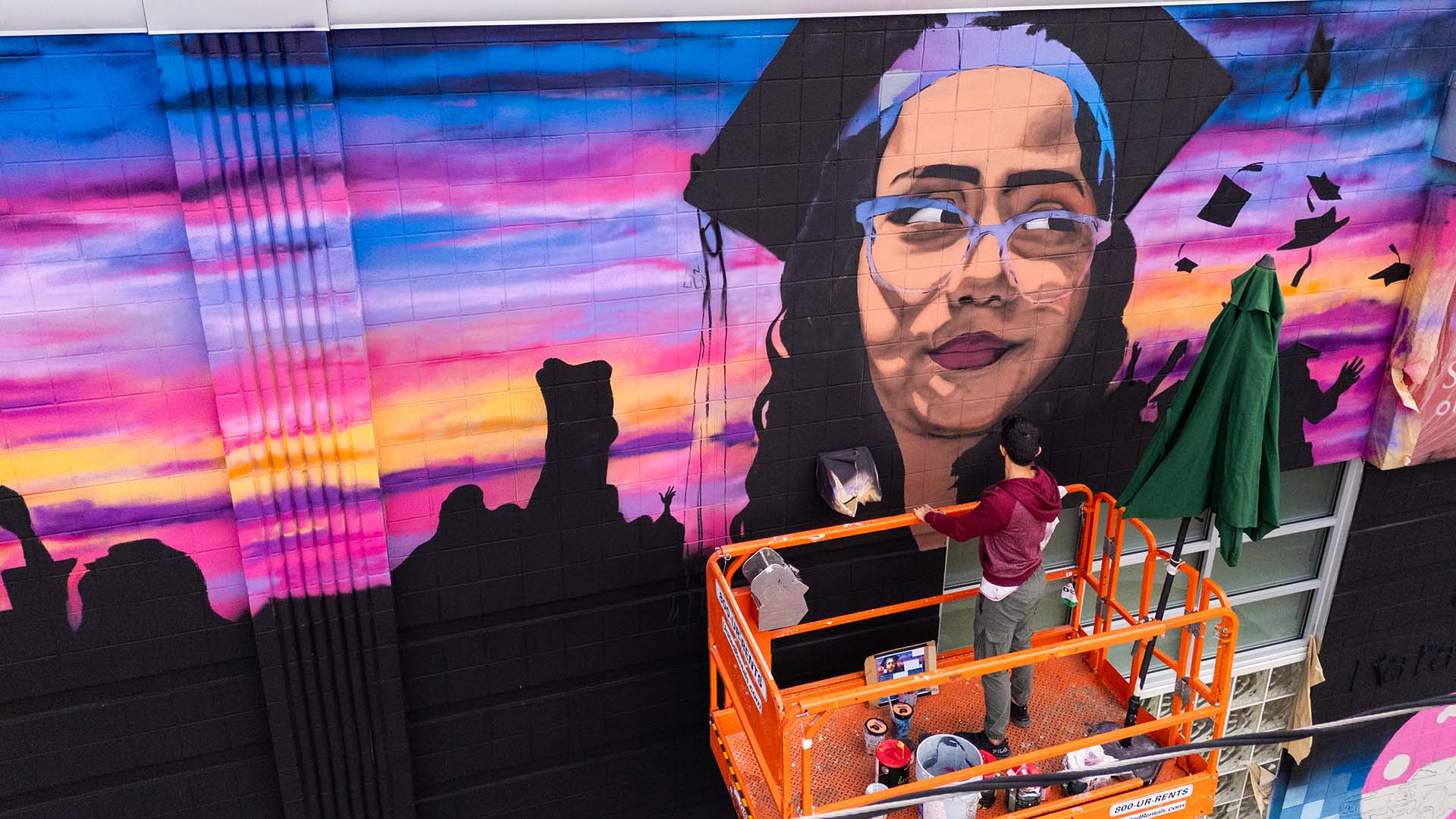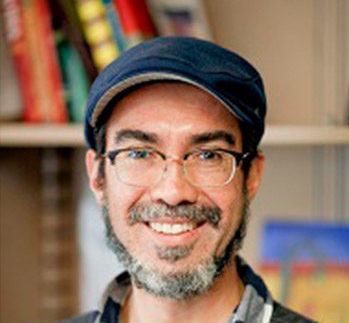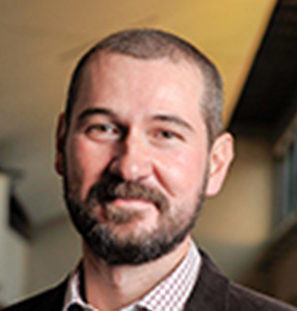Two Parts’ harmonies
What went into making this year’s Underground Music Showcase rock? For Tobias Krause, it’s all in the details – and the community.
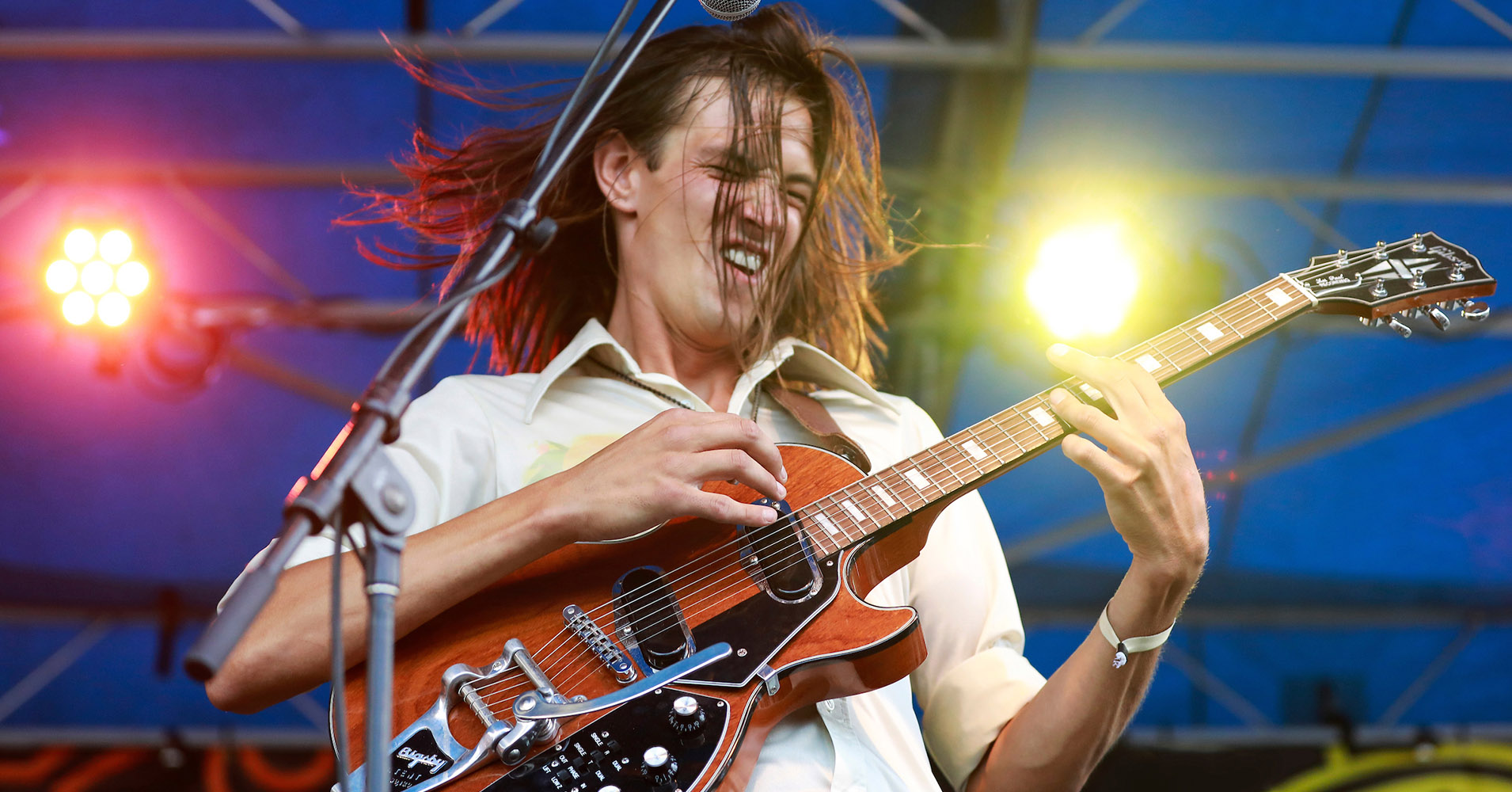
There’s a buzz about Denver these days – and it wasn’t just the haze surrounding Green Druid’s smoldering psychedelic sludge at the Hi-Dive as part of the recent Underground Music Showcase.
The long-running creative celebration, which brought more than 350 bands and tens of thousands of music lovers to Denver’s Baker neighborhood, just wrapped its 18th iteration under the new management of party professionals Two Parts.
And as their Truck Stop Food Truck Rally also just combined forces with the August First Friday Art Walk in Denver’s Art District on Santa Fe to serve more than 20,000-plus party patrons last week, we caught up with Tobias Krause, senior events manager at Two Parts and event director for the UMS.
Here’s our chat with the 2015 journalism graduate about his experience at Metropolitan State University of Denver, the Mile High City’s thriving creative scene and last Friday’s foodie festivities.

The UMS was great this year – what was it like behind the scenes?
It was both a positive and stressful time. We set out to grow substantially, which really turned into five separate events if you fold all the stages and venue coordination together. There’s a lot of moving parts, but it all fell into place with people coming together – that was amazing to see happen. And though it’s nice to catch our breath for a second, we’re already looking forward to next year, to get right back on it and build off everything from this past weekend.
What’s the secret to running large-scale events such as the UMS and First Friday?
You can’t overstate how important it is to plan ahead and forecast to try to address every single possibility. No one really thinks about it when they’re attending, but there are a lot of I’s to dot and T’s to cross to make sure everything runs smoothly.
Whether it’s safety concerns, the weather or anything else, it’s all about anticipating and solving problems. I joke about being the quarterback calling the shots, but it’s a team effort of putting in the hard work and effort, together.
Denver’s got a strong arts and cultural scene that’s garnering international accord – how would you describe what’s happening here?
In one word, it’s community. You really see that in the UMS; it’s the time for everyone to come together for a weekend and celebrate one another in so many ways.
It’s an amazing time to be a creative person in Denver right now. Artists show up to support and push one another to be better, to be different and explore different approaches. That’s what sets us apart as a city – we’re a blossoming scene that’s so young, but so advanced.

What was your MSU Denver experience like?
It was great! I’m from Wisconsin originally, where I started and stopped out at three different colleges that weren’t the right fit. Then, when I was 27, I felt like I was further along in life and needed to get serious about making more “adult decisions.”
MSU Denver came highly recommended and was the best experience I could have asked for. The classes were small, we had direct access to faculty members, and there was a lot of opportunity to get involved – including serving as editor for The Metropolitan, which was fantastic. I really got everything I was looking for out of a college experience.
What prompted you to go back to school?
I’d been a freelance journalist for a while and kept hearing back, “You’re a good writer, just not a professional.” That was the turning point for me when I decided to get serious. And with my previous credits that transferred in, I was able to jump right into my major courses.
Initially, I thought I was going to be a journalist, but as I started working on events with organizations like the Westword and Two Parts, I realized it was the path I wanted to follow. And I’m grateful that MSU Denver helped me get there.
How does your journalism background inform the work you’re doing now?
Oh, I use those skills every day. From writing emails to working with the media and the importance of giving back to the community, it’s been incredibly beneficial.
Learning how to balance everything was helpful too. I actually made the decision not to return as the editor of The Metropolitan in fall of 2014 to pursue full-time work at Two Parts, along with taking a heavy course load. It’s interesting to think back to the long days that’d often start at 8 a.m. and not end until 10 p.m. or later, and how that helped me prepare for the work I’m doing now – I picked up the tools to successfully manage that reality and am proud to be a Roadrunner.


